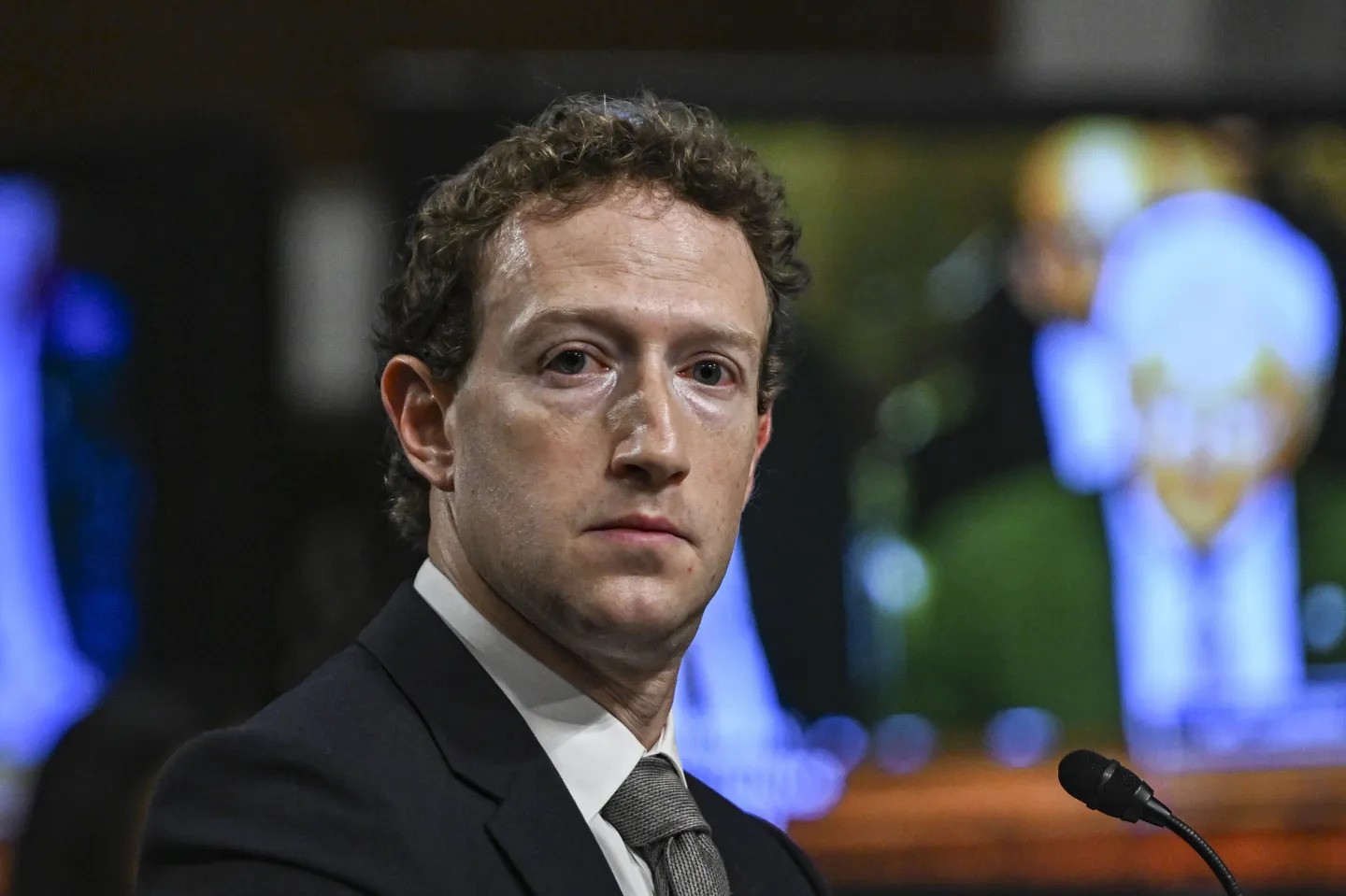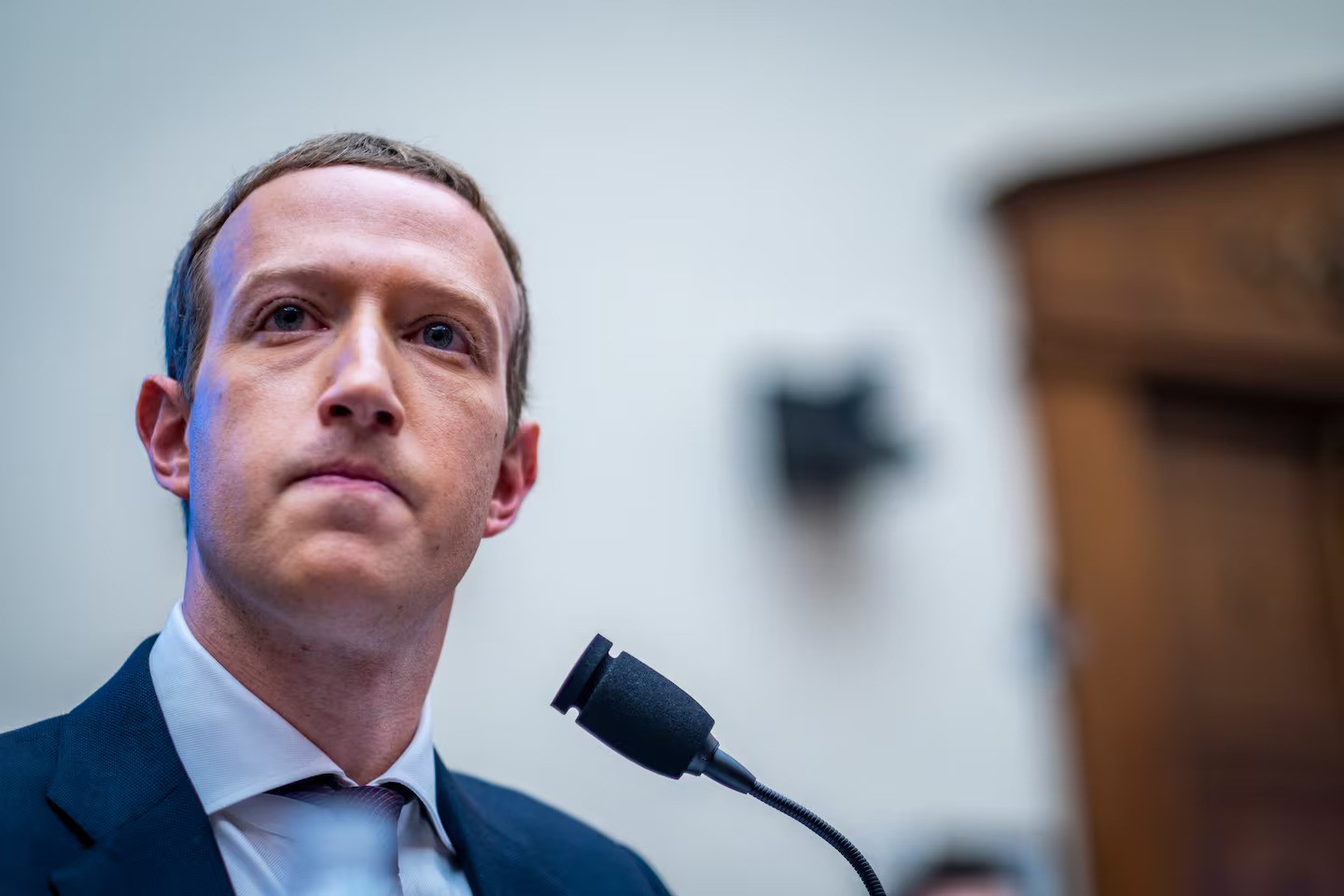“I don’t know if we know what’s exactly going to work really well yet, but some things are really promising,” Meta CEO Mark Zuckerberg said during Meta’s recent earnings call. He added, “I have high confidence that over the next several years, this will be one of the important trends and one of the important applications.” Zuckerberg’s confidence in AI-driven content is clear, but the backlash has already begun.
Legacy media outlets, wary of losing control, are feeling the pressure. As public trust in traditional media dwindles, many users may gravitate toward AI-generated content without necessarily choosing to leave behind the limited pool of human journalists. Zuckerberg noted, “I think we’re going to add a whole new category of content which is AI-generated or AI-summarized content, or existing content pulled together by AI in some way,” and explained, “I think that that’s gonna be very exciting for Facebook and Instagram and maybe Threads, or other kinds of feed experiences over time.”
Media’s Mixed Reactions

Yet, excitement might be in short supply for critics. Outlets that have previously scrutinized Zuckerberg didn’t hold back. 404 Media wrote, “The AI Slop Will Continue Until Morale Improves.”
Futurism reported, “Mark Zuckerberg Pledges to Fill Facebook With Even More AI Slop.”
Bloomberg’s coverage didn’t differ much, declaring, “Mark Zuckerberg Wants to Feed You More AI Slop.” The chorus of criticism underscores a major question: can users trust the content if algorithms, not journalists, generate it?
Older Facebook users have already been seen mistaking AI-generated images for real photographs. In a world where digital illusions are taken at face value, the implications are significant.
A Shift in Zuckerberg’s Strategy

Zuckerberg’s pivot to AI represents a strategic response to years of political tension. Under scrutiny from both parties, he initially faced backlash for the platform’s treatment of news content. After the 2016 election, Democrats began to view Zuckerberg as an enabler of Trump’s rise. Swiftly, the Frances Haugen “whistleblower” operation emerged, prompting Facebook to reduce its focus on political news, pushing Zuckerberg toward the metaverse.
Now, Zuckerberg has rebranded himself as a libertarian embracing AI. This move suggests a new strategy to distance himself from previous political entanglements and regain control of Meta’s narrative.
AI as the New Information Gateway?
During the past era, state-funded news channels held sway on Twitter, curating narratives with a particular lens. Now, Zuckerberg seems to be betting that AI-produced content can serve as a compelling alternative to such heavily curated media. For millions who miss social media’s early days of connection, perhaps the future is about AI as a knowledge source and in-person relationships for socialization. With trust in authoritative figures at an all-time low, many might welcome AI over human-curated content.
As legacy media outlets grapple with declining trust and loyalty, the shift toward AI-generated content seems inevitable. Yet the downside looms — reminiscent of cable television’s heyday, where a multitude of channels delivered little substance.
Looking Ahead: Trust in AI or Its Creators?
Building trust in AI will require faith in those behind it. On one side, the collective-minded left promotes a cohesive narrative, while on the other, a few prominent tech leaders offer visions of progress. Neither side embodies the traditional wisdom people might seek, but in 2024, the shift in public sentiment appears clear. Tech innovators, focused on solutions rather than division, are becoming the default choice in a digital landscape yearning for fresh leadership.



